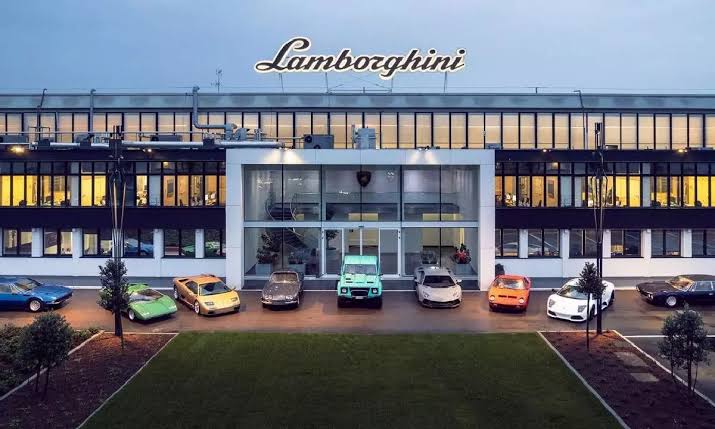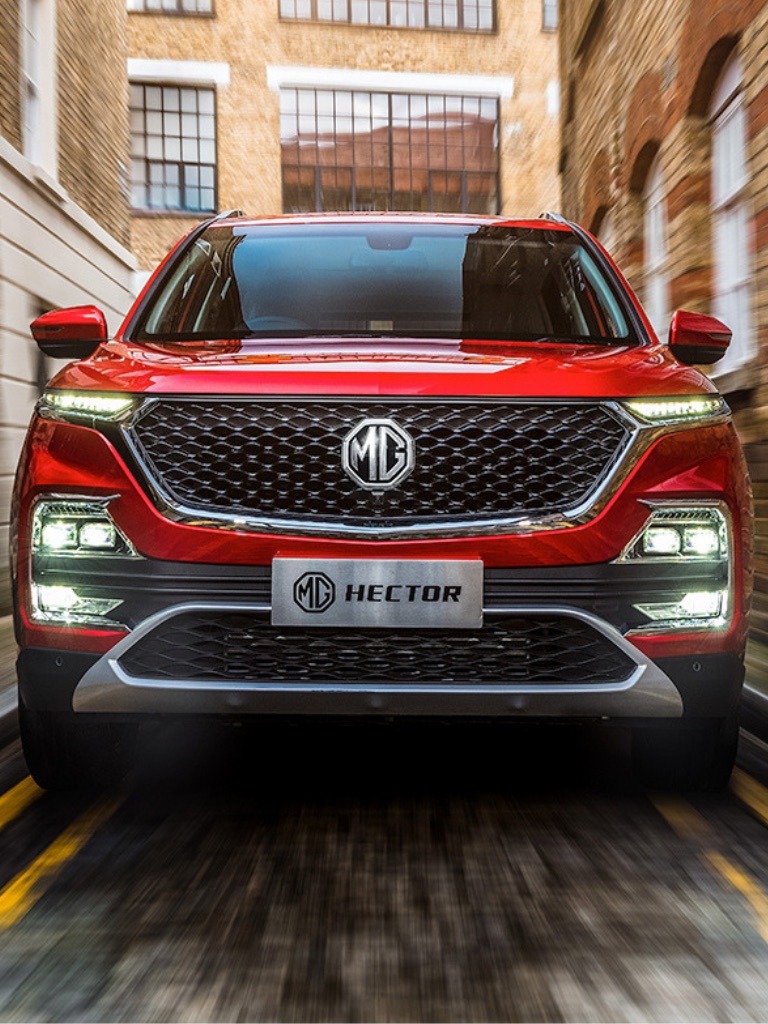Lamborghini Licenses MIT’s Eco-Friendly Battery Tech for Electric Cars

Researchers from Massachusetts Institute of Technology (MIT), including one of Indian-origin, have designed a new battery material that could offer a more sustainable, cobalt-free way to power electric cars. The technology has already been licensed by automaker Lamborghini. This innovative battery cathode is based on organic materials, offering a more sustainable and cobalt-free alternative to power electric cars. The material is constructed with layers of TAQ, an organic small molecule with three fused hexagonal rings, forming a graphite-like structure. Within these layers are quinones (electron reservoirs) and amines, forming strong hydrogen bonds.
Also Read:Direct Tax Collection of India Rocket to ₹14.7 Lakh Crore, Setting a New Record!
What sets this material apart is its ability to conduct electricity at rates comparable to traditional cobalt batteries. Not only does it provide similar storage capacity, but it can also be charged up faster. One significant advantage is its potential for much lower production costs compared to cobalt-containing batteries. This development could alleviate concerns associated with cobalt, a scarce metal with fluctuating prices and significant environmental and ethical issues linked to its extraction.
Also Read: Heartbreak for Green Bay Packers in 2023 Playoff Loss to 49ers
The traditional cathodes in lithium-ion batteries often contain cobalt due to its stability and high energy density. However, cobalt’s downsides, including price volatility and ethical concerns about mining practices, make it less desirable for sustainable EV production. The researchers at MIT believe that their new battery material offers a competitive alternative to existing technologies while addressing the cost, environmental, and ethical challenges associated with cobalt-containing batteries.

Mircea Dinca, the W.M. Keck Professor of Energy at MIT and senior author of the study, emphasized the material’s competitiveness with incumbent technologies. The researchers tested the material’s conductivity, storage capacity, and charging rates, all of which were found to be comparable to traditional cobalt batteries. Additionally, the new material demonstrated the ability to charge and discharge faster, potentially leading to accelerated charging rates for electric vehicles.
This breakthrough not only opens new possibilities for sustainable and cost-effective battery production but also highlights the potential for reducing the environmental impact of EVs. The MIT team, led by Dinca, plans to continue exploring alternative battery materials. They are considering the replacement of lithium with sodium or magnesium, which are more abundant and cost-effective compared to lithium. This research signifies a significant step forward in advancing the feasibility and sustainability of electric vehicle technologies.



